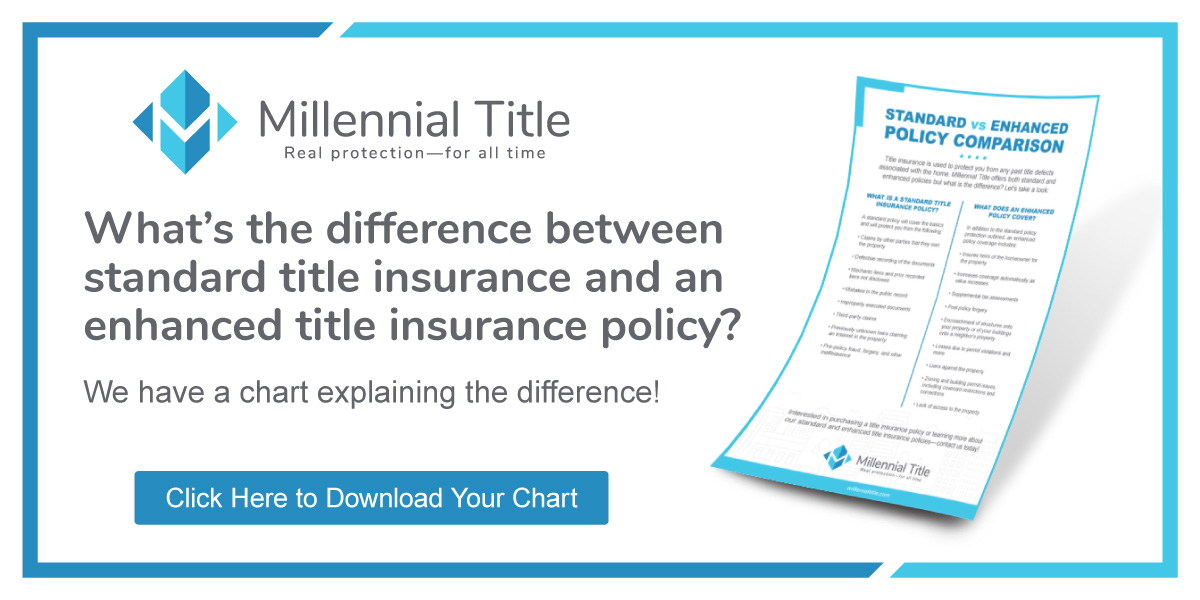If you’re using a mortgage to purchase a home, you’ve probably heard the word “escrow” used in a few different contexts. In most cases, your lender will require you to have an escrow account before continuing with the mortgage process. But what is escrow on a mortgage and how does it work?
Prepare Yourself for Closing Day, Download our Checklist
Defining Mortgage Escrow
Escrow is a financial account that is held by a third party on behalf of two parties that are currently engaged in a real estate transaction. The third-party will temporarily hold the property until the purchase agreement has been fulfilled. While escrow accounts are primarily used in real estate transactions, they can also be used in other situations that require an agreement between buyers and sellers or require time to inspect the purchase before payment is made.
Types of Accounts
In real estate, escrow is commonly in two instances:
- To secure the purchase of a home
- When you’re buying a home, your purchase agreement will include an earnest money deposit, which shows you’re serious about buying the home. In the event that the contract falls through due to the fault of the buyer, the seller will use the earnest money to relist the home. However, if the purchase is successful then the deposit is applied as a down payment. In order to protect both parties, an escrow account will hold the deposit until the transaction is closed. By holding the money in escrow, this ensures that it will reach the right party once the conditions are met.
- To hold the homeowner’s funds for insurance and taxes
- The second type of escrow account is used through the life of your mortgage loan. Most lenders will require you to open an escrow account when signing a mortgage contract. The escrow account will take a portion of your monthly mortgage payment and hold it in escrow. This money is then used to pay property taxes and home insurance. By holding the funds in escrow, the lender ensures that bills are paid on time and avoid any potential penalties against your property.
How Much Does Escrow Cost?
The cost of escrow is dependent on how much you pay for property taxes and homeowners insurance each year. Since your taxes and insurance premium change on an annual basis, your lender performs an annual escrow analysis to determine the amount that should be funded into the account each payment period. In order to keep your escrow funded, you can expect to pay about 1/12th of the total cost of your annual property taxes and insurance every month.

Benefits
The biggest benefit of an escrow account is protection throughout the real estate transaction for both buyers and sellers. For homebuyers, escrow is the key to protecting your deposit during the sale and returned to you if anything falls through. For homeowners, an escrow account will take the pressure off you when it comes to covering your taxes and insurance. This will allow you to make manageable payments and not worry about the various due dates of bills.
Disadvantages
When it comes to an escrow account, most of the disadvantages fall on the homeowner. This includes higher mortgage payments because you’re prepaying for insurance and property taxes. Another possible disadvantage is an incorrect estimate of your taxes and insurance since these can change annually. As stated previously, the lender will analyze these costs each year to determine what you need to pay but the fluctuation could affect your monthly payments and escrow account.
Do you Need an Escrow Account?
Escrow is a part of the homebuyer’s and owner’s journey and serves an important purpose throughout the real estate transaction and life of the home. While it serves as a safety cushion for the transaction, it is also convenient for you to pay for your taxes and insurance in full and on time.
Have additional questions about escrow? Contact Millennial Title today – we are always happy to help.



